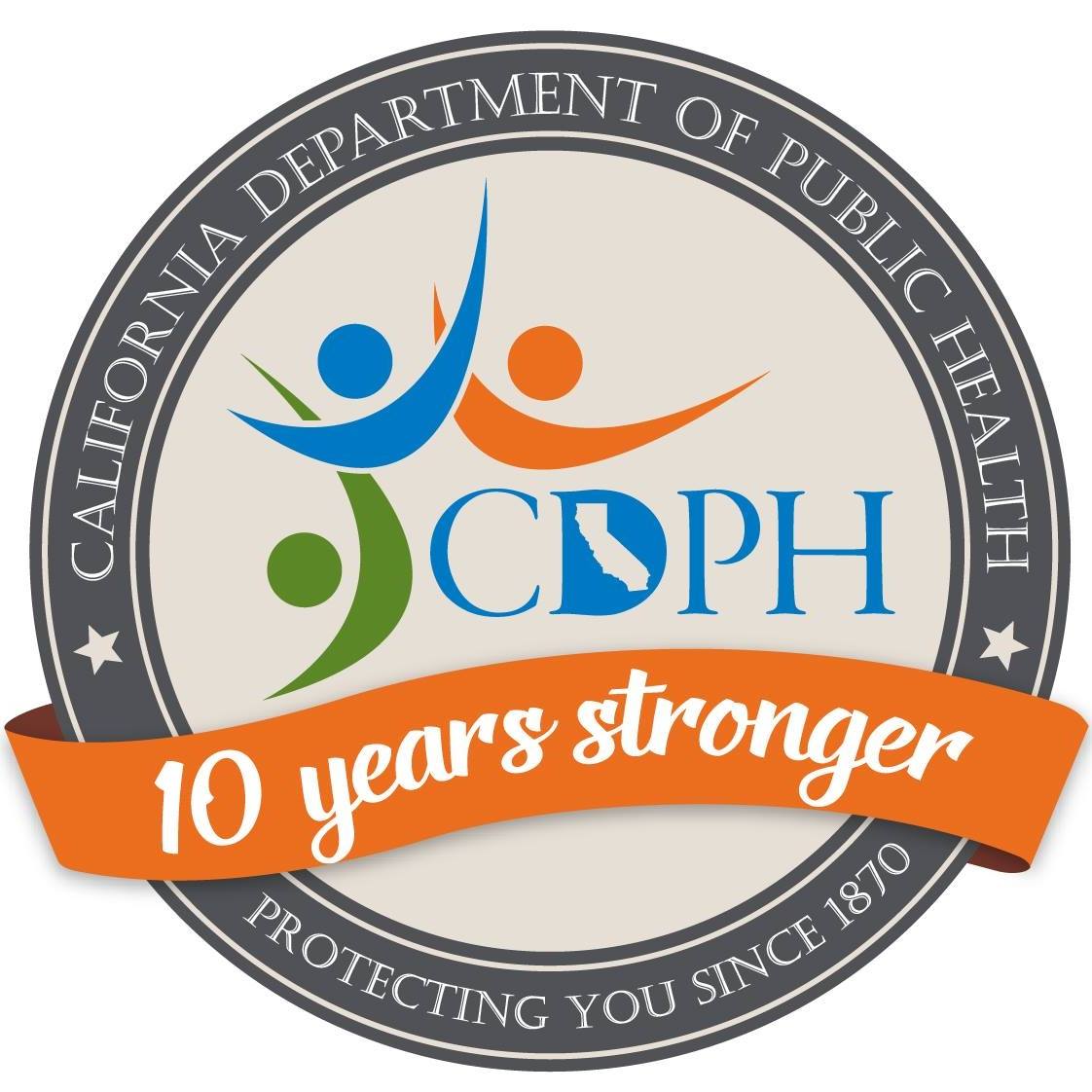
Tips for Treating Heat-Related Illness
08/17/2018 06:56PM | 5085 views
Heat Stroke
Heat stroke happens when the body can no longer control its temperature. The body’s temperature rises fast. The body cannot sweat and is unable to cool itself. Warning signs include red, hot, dry skin; very high body temperature, dizziness, nausea, confusion, strange behavior or unconsciousness, rapid pulse or throbbing headache. Heat stroke can cause death or disability if treatment is not given. What to do:
Get medical help quickly.
Get the victim to a shady area.
Cool the person off with a cool shower, garden hose, etc.
Do not give the victim fluids to drink.
If emergency medical personnel are delayed, call the hospital for further instructions.
Heat Exhaustion
Heat exhaustion is a milder illness that happens when the body has lost too much water and salt in sweat. Warning signs include heavy sweating, cramps, headache, nausea or vomiting, tiredness, weakness, dizziness and fainting. If heat exhaustion is not treated, it can turn into heat stroke. Get medical help if the symptoms are severe or if the victim has heart problems or high blood pressure. Help the victim cool off with:
Cool, nonalcoholic beverages,
Rest, lying down,
Cool shower, bath or sponge bath,
Air-conditioning,
Lightweight clothing.
Heat Cramps
Heat cramps are muscle pains and spasms due to heavy activity. They usually involve the stomach muscles or the legs. It is generally thought that the loss of water and salt from heavy sweating causes the cramps. If you have heart problems or are on a low-sodium diet, get medical attention for heat cramps. What to do:
Stop. Sit quietly in a cool place.
Drink clear juice or a sports beverage.
Rest for a few hours to avoid heat exhaustion or heat stroke.
Get medical help if heat cramps do not stop after one hour.
Sunburn
Sunburn is when skin becomes red, painful and unusually warm after being in the sun. Sunburn should be avoided because it damages the skin and could lead to more serious illness. What to do:
See a doctor if the sunburn affects an infant younger than one year old or if the victim has fever, blisters or severe pain.
Stay out of the sun.
Bathe the sunburned area with cool water.
Use moisturizing lotion on sunburn, do not use salve, butter or ointment.
Do not break blisters.
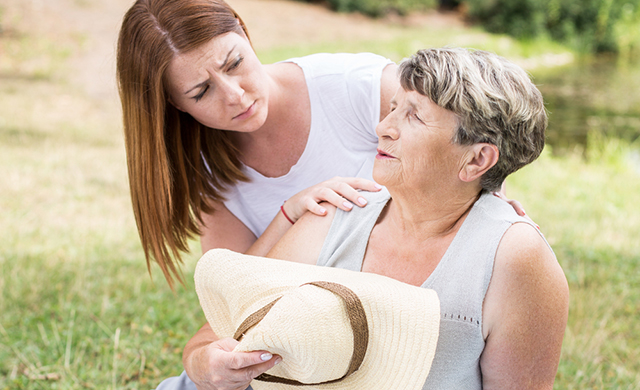







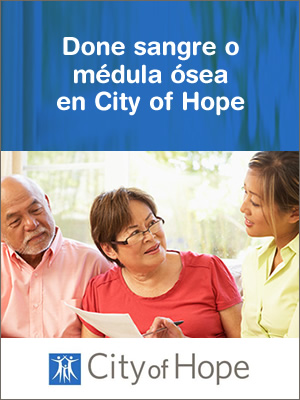
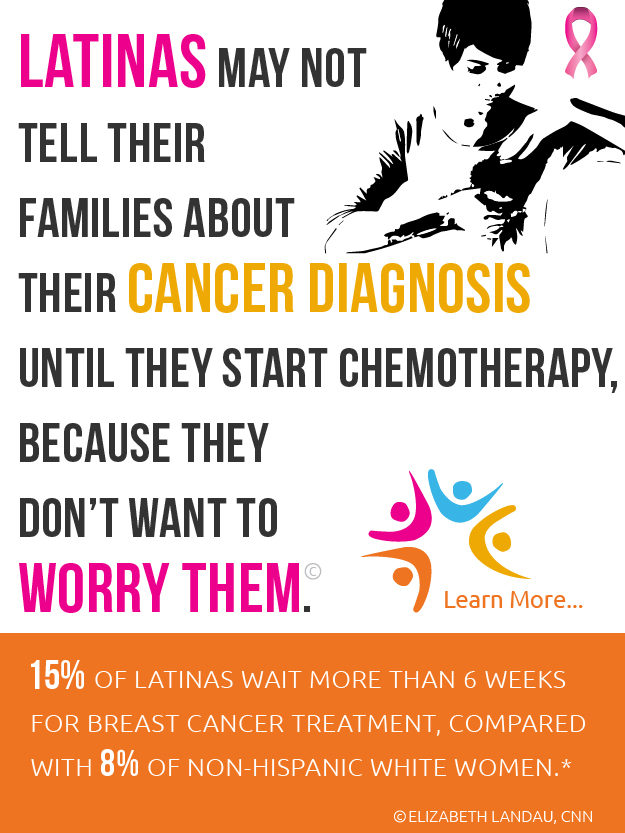
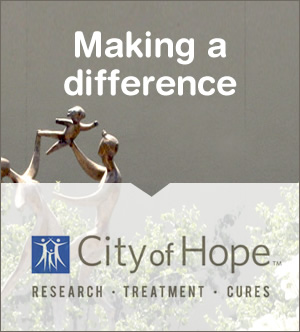
Post your Comment
Please login or sign up to comment
Comments